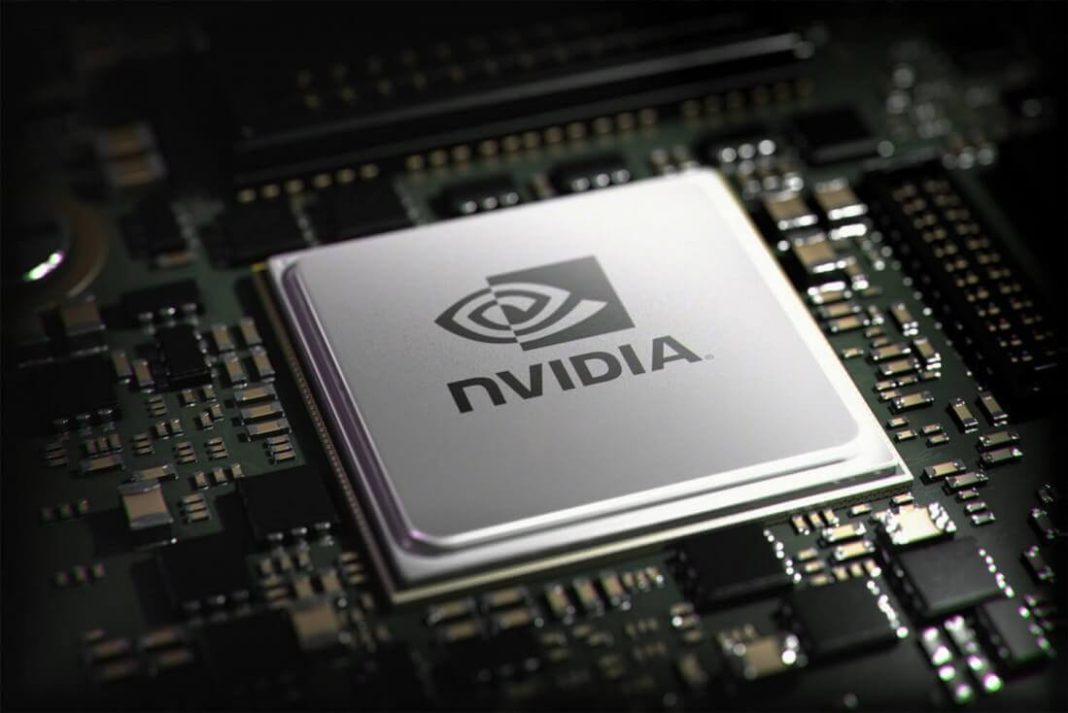The U.S. Securities and Exchange Commission on Friday reported that NVIDIA has agreed to pay $5.5 million to resolve allegations that it “failed to disclose” in its filings that “cryptomining was a substantial component in year-over-year increase” from GPU sales.
Despite the fact that NVIDIA filed the offer, which the SEC accepted, it does not admit or refute the SEC’s conclusions.
The SEC in a statement Friday said that the Santa Clara, California-based corporation failed to disclose the possible future risks of such transactions to investors in 2018.
Nvidia allegedly failed to report increasing crypto-based sales as required by Form 10-Q, instead attributing the rise to gaming-related growth, according to the SEC.
According to the SEC, investors were left with an incomplete view of the company’s performance due to withheld sales data and swings, which is critical for assessing business risk and investment potential. Nvidia refused to acknowledge or deny the charges of unlawful disclosure but consented to a cease-and-desist order and a $5.5 million fine.
Nvidia earlier reported record full-year sales of $9.71 billion in a press release for its fiscal 2018 financial results, up 41% from the previous year. The firm recorded record sales of $2.91 billion in the fourth quarter of 2018, up 34% from the prior year.
In two of its Forms 10-Q for its fiscal year 2018, NVIDIA reported material growth in revenue within its gaming business. NVIDIA had information, however, that this increase in gaming sales was driven in significant part by cryptomining.
“Despite this, NVIDIA did not disclose in its Forms 10-Q, as it was required to do, these significant earnings and cash flow fluctuations related to a volatile business for investors to ascertain the likelihood that past performance was indicative of future performance,” the SEC said.
The SEC’s order also finds that NVIDIA’s omissions of material information about the growth of its gaming business were misleading given that NVIDIA did make statements about how other parts of the company’s business were driven by demand for crypto, creating the impression that the company’s gaming business was not significantly affected by cryptomining.
“NVIDIA’s disclosure failures deprived investors of critical information to evaluate the company’s business in a key market,” said Kristina Littman, Chief of the SEC Enforcement Division’s Crypto Assets and Cyber Unit.
“All issuers, including those that pursue opportunities involving emerging technology, must ensure that their disclosures are timely, complete, and accurate.”
The SEC’s order finds that NVIDIA violated Section 17(a)(2) and (3) of the Securities Act of 1933 and the disclosure provisions of the Securities Exchange Act of 1934. The order also finds that NVIDIA failed to maintain adequate disclosure controls and procedures. Without admitting or denying the SEC’s findings, NVIDIA agreed to a cease-and-desist order and to pay a $5.5 million penalty.
The SEC’s investigation was conducted by Brent Wilner of the Crypto Assets and Cyber Unit, and supervised by Diana Tani and Ms. Littman of the Crypto Assets and Cyber Unit.
A representative for NVIDIA declined to comment on the latest settlement.
However, crypto mining has become more of a liability for the company’s gaming GPU sales than a profit. In order to free up cards for the intended audience, it began restricting the mining capabilities of RTX GPUs in 2021. In order to please crypto enthusiasts without reducing demand for its GeForce GPU line, the firm released specialized mining cards that year.
For a corporation that made $7.6 billion in the most recent quarter, the payment is a small piece of its huge quarterly earnings. Meanwhile, shares of Nvidia were down 0.2% to $187.90 on Friday. The stock has lost 36% this year.
Read More Stories: Shopify to Acquire Logistics Startup Deliverr for $2.1B Despite Growth Slowdown
